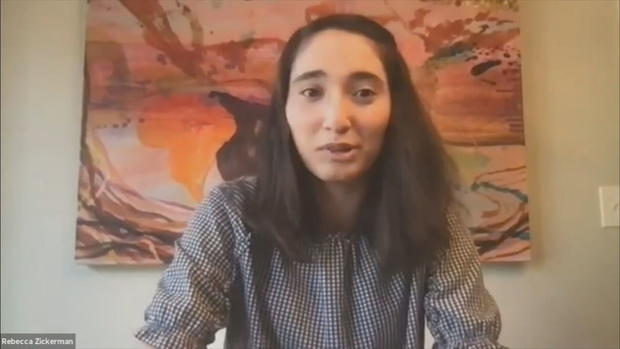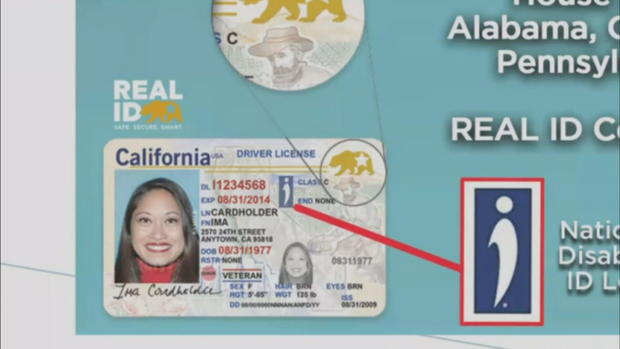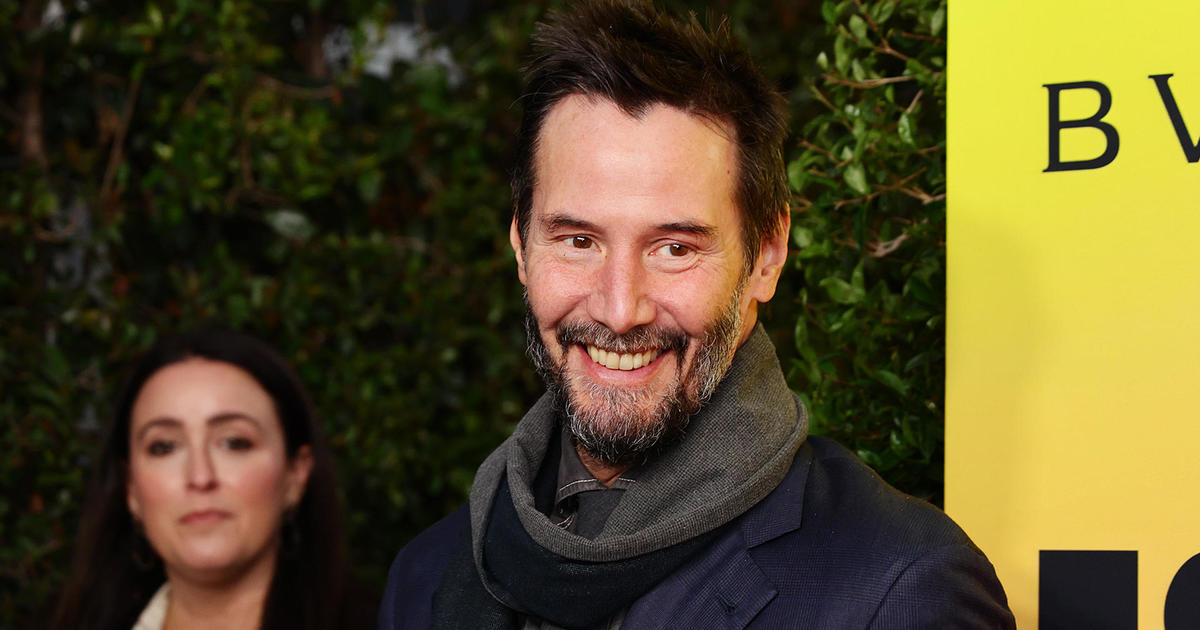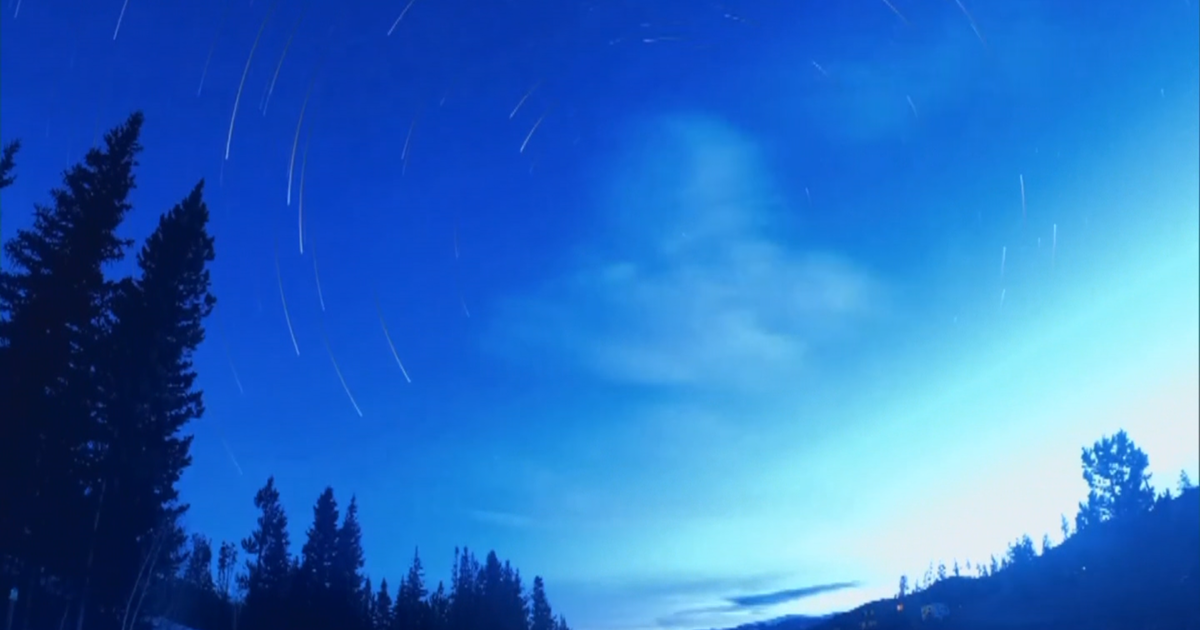Littleton Teenager Leads Effort To Help People With Invisible Disabilities In Colorado
LITTLETON, Colo. (CBS4) - A Littleton teenager has teamed up with a state lawmaker to help people with invisible disabilities. Rebecca Zickerman says she knows what it's like to be judged by people because they can't see her disability.
She has cerebral palsy which affects her motor skills.
For most of her life, she wouldn't talk about her condition let alone give a speech about it. That all changed last year in her high school speech and debate class where she disclosed her invisible disability.
"I'm really fortunate to have such a mild case, but that also means that it is invisible so people don't know about it. On a daily basis, I do have to kind of deal with the repercussions of that," Zickerman said.
The speech was the beginning of an extraordinary effort by the teenager, who convinced State Rep. Dafna Michaelson Jenet to carry a bill creating a license that has a special identification symbol for people with invisible disabilities.
"I think she's very courageous."
Michaelson Jenet was easily sold on the idea. Her son has autism.
"If police officers were to put arms on him, he would respond in a way that really reminded me of the way Elijah McClain responded."
She says the symbol, which looks sort of like an upside-down semicolon, will alert an officer that there may be a reason a person can't make eye contact, for example, or walk a straight line.
"Imagine being able to communicate before tragedy occurs," said Michaelson Jenet.
The bill also calls for training of officers, which Jess Stainbrook, with the Invisible Disabilities Association says is key.
"If I whip out this card, and you don't know what this symbol means, what good is it? So we really have been trying to undertake the process of creating what I call a certification program."
It's estimated one in 10 people have an invisible disability. Multiple sclerosis, autism, ADHD, chronic pain, epilepsy, diabetes, schizophrenia, depression and anxiety are just a few examples.
Zickerman says it's rewarding to help make a difference for so many people who are like her.
"To be able to know that I'm not alone, but I can help other people has been an amazing experience."
Alaska is the only state, so far, to pass a similar bill into law.
If the legislation passes in Colorado, a person could voluntarily get the symbol on their license with a doctor's note.





